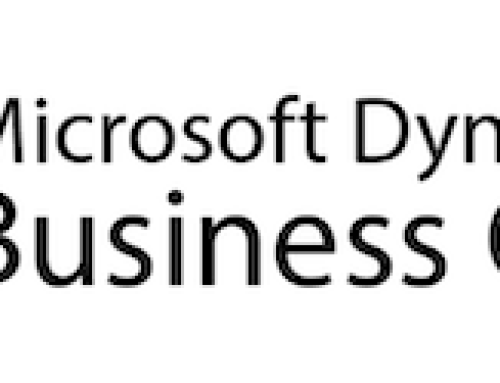If you run into any CFO or budget manager this time of year, it’s likely they’re feeling the pressure of the year-end close. The next few weeks will be full of long days, lots of cups of coffee and maybe even a few sleepless nights.
CFOs and budget managers feel the dual pressure of getting the year-end close set for this year and preparing for next year.
There’s so much information to get together, data to sort through and reports to run that it can feel overwhelming to even the most seasoned of professionals.
The Biggest Challenges to the Year-End Close
If you polled CFOs, most would likely cite many of the same challenges to the closing process.
Some include:
- Regulatory changes
- New strategic approaches
- Personnel turnover
- Increasing amounts of data
- Limited time
Do any of them sound familiar?
If the answer is yes, you’re not alone. Organizations today face an ever-changing business environment. They need to respond to market changes quickly, embrace opportunities and be hyper-focused on competitive advantage all at the same time.
This is tough even in the best of circumstances. But throw in the year-end close and things get more difficult.
And things rarely go smoothly. There’s often so much manual processing involved that there are bound to be errors, oversights, inconsistencies and miscommunication.
All can lead to massive problems and headaches when reconciling the books and planning the budgets for the following year. Not to mention, possible penalties for late reporting and unexpected financial outlays for overtime or outside auditors.
Now, what if I told you there was a better way?
How to Update and Streamline the Year-End Close
If these problems are causing issues at your organization and disrupting your year-end process, there are ways you can improve things.
To start, take stock of where the major problems are within the closing process.
Is there a bottleneck as part of the process is handed off to another manager or department? Are hours spent trying to identify errors in numbers or formulas? Do you consistently miss deadlines?
Many of these problems are likely tied to a lack of organization or efficiency in the closing process. Unfortunately, many businesses avoid getting a good system in place until it’s too late.
Next, work on building a better year-end close process. Remember, this isn’t something that should spring up on the calendar at the end of the year. Instead, organized businesses work to build out a system throughout the year that always has the close in mind.
For some organizations that means creating a quarterly close system. It serves as a mini-run through for the year-end close, making it easier once the time comes and helps to streamline the process.
Finally, be willing to find solutions that can improve the process as a whole. Taking action is the best thing you can do to not only improve the year-end process but to position your organization with more timely access to accurate financial data and reporting overall.
One solution is to embrace technology and automation. They can reduce or even eliminate many of the issues described above.
By moving from a manual spreadsheet system, many organizations can have data that is always accurate and up to date. Just that one factor—removing the time and resources spent hunting and searching for errors across multiple spreadsheets—can save days in the process.
Automated tools, especially those that embrace Smart Budgeting, allow for quicker closings. That serves some added benefits, including earlier access to financial data, more time to ensure compliance with regulations, an early jump on budgeting and forecasting for the coming months, and the ability for the management team to make critical decisions sooner.
Let’s face it: technology is here to stay, and it’s the businesses that embrace automation that reap the benefits. Those organizations can avoid potential disasters, hit their reporting deadlines and plan for the future without getting bogged down in errors and delays.
To learn about Planning Maestro from Centage, an automated business budgeting software solution, contact CAL Business Solutions to schedule a demo.
By Guest Author Centage Corporation, www.centage.com
















